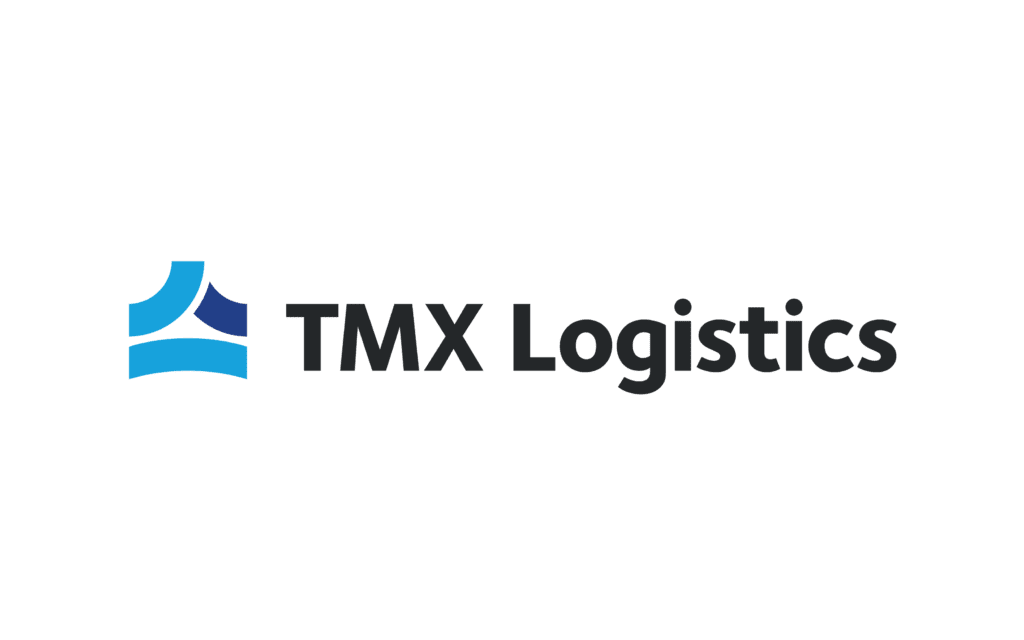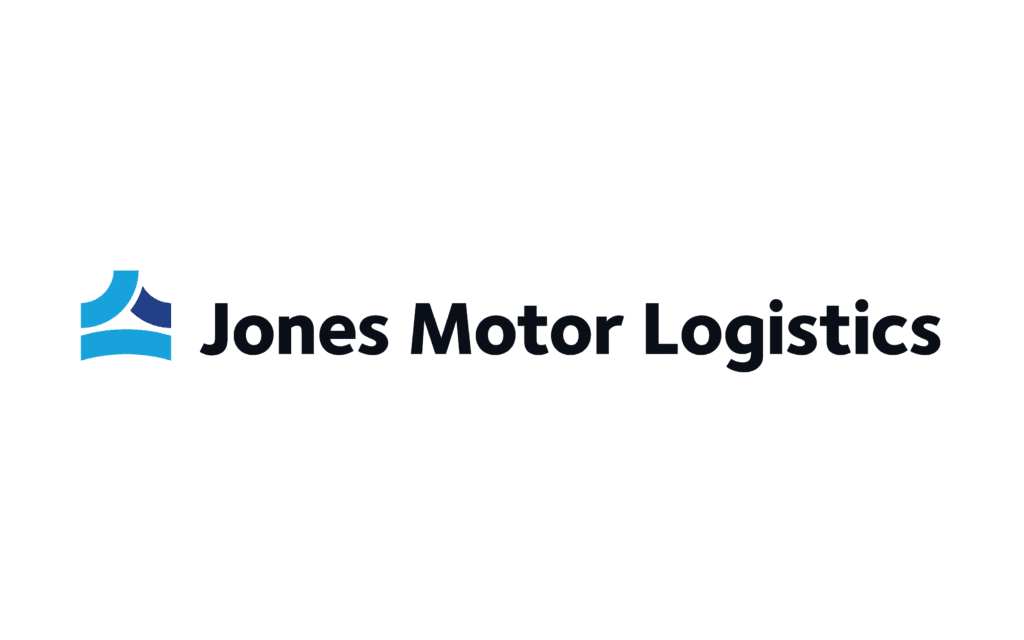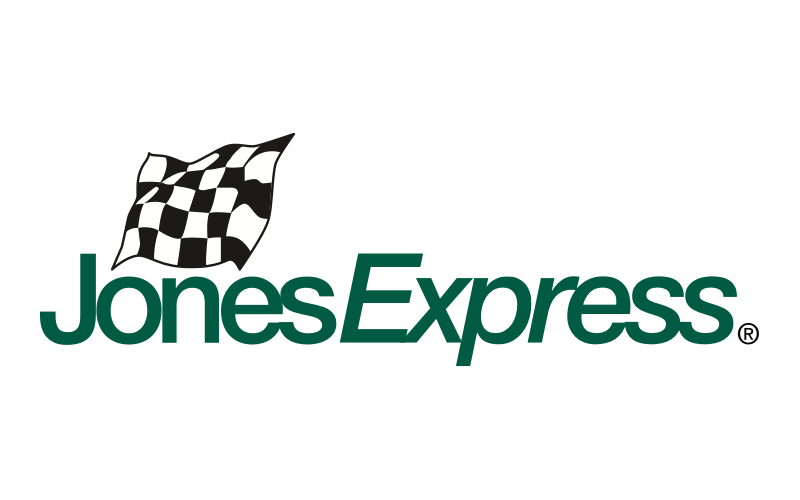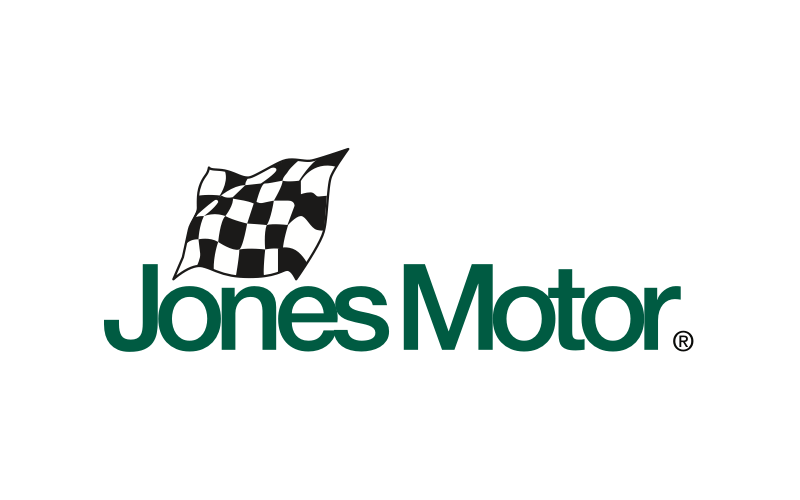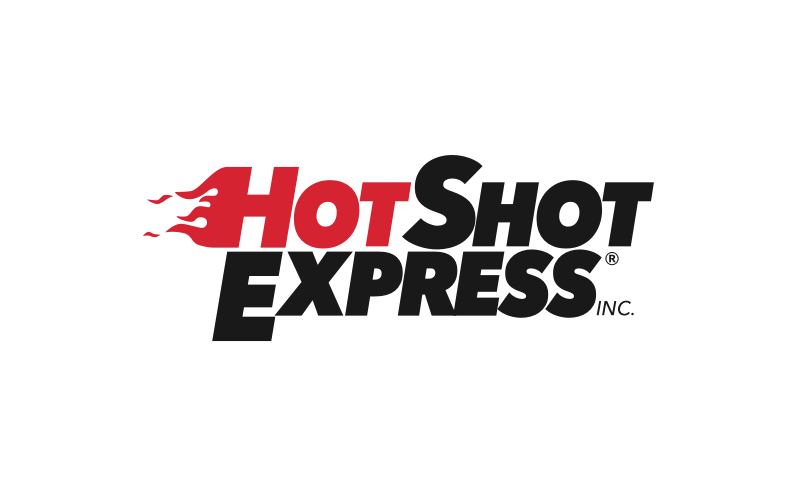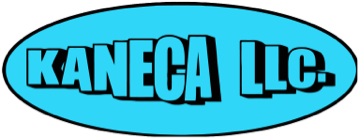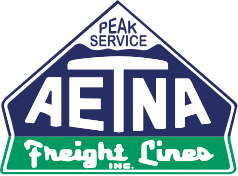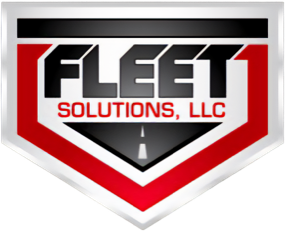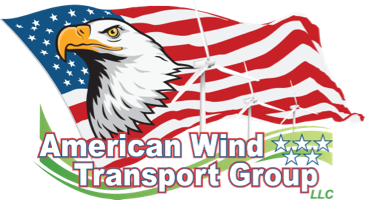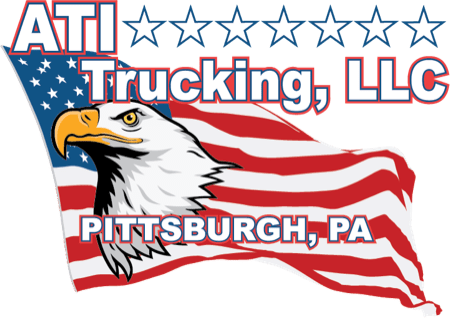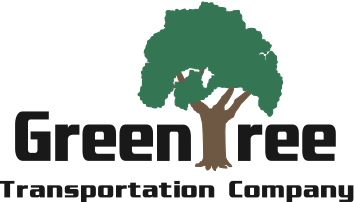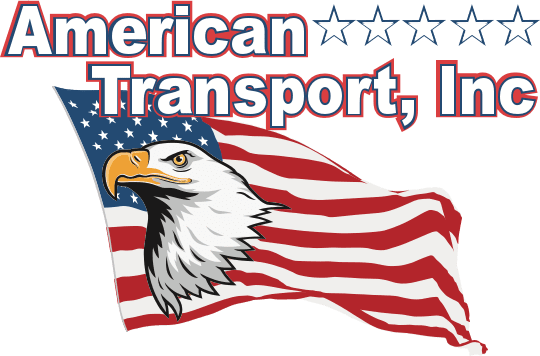Heading up your own trucking operation is liberating, satisfying and something to take pride in. Being an owner-operator also comes with hefty and costly responsibilities – one of which is acquiring the right insurance. Deciding what type and how much owner-operator insurance coverage you need can be complex.
In this article, we’ll talk about why you need insurance as an owner-operator. We’ll also discuss which types of insurance are required, which are supplementary, and tips for avoiding the need to file claims.
Why Do I Need Insurance as an Owner-Operator?
Insurance is an essential part of being an owner-operator in the transportation industry. It helps to protect you, your business, and the cargo you carry from damages and liability in the event of an accident or other unforeseen circumstance. Risks are inherent in the trucking industry. Carrying the right insurance coverage can protect both your peace of mind and your financial security.
What Type of Insurance Do I Need?
The type and amount of owner-operator insurance coverage you need will depend several factors: whether you’re an independent owner-operator or under a permanent lease to a motor carrier, what type of freight you intend to haul and it’s value,specific requirements by law, the motor carrier or the owner of the freight being moved..
If you’re operating as an independent owner-operator under your own authority, you are required to have:
- Liability Insurance. This is mandatory insurance for all commercial vehicles required by the Department of Transportation (DOT). You’ll need a minimum of $750,000 in coverage as an independent owner-operator. It protects you and your business against injuries and damages to other people’s property in the event of an accident where you’re found at fault. While $750,000 is the minimum required by law, the industry standard is typically $1,000,000. Many shippers require this amount to let an owner-operator move freight on the shipper’s behalf.
- Physical Damage Coverage. While not required legally, if you have a loan on your truck, your lender will likely mandate physical damage coverage. This type of insurance covers damage to your truck and trailer and usually has a premium of around 5% of the total insured value of your truck.
If you’re operating under a permanent lease to a motor carrier company, you’ll likely be covered under the carrier’s liability insurance policy. However, you’ll need:
- Non-Trucking Liability Insurance (NTL). NTL, or Bobtail insurance, covers your truck when you’re not hauling a trailer. It provides continuous coverage for damages and bodily injury even when you’re off-duty. Motor carriers often require you to carry about $1M in NTL coverage before leasing on, but it’s highly recommended for independent owner-operators as well.
- Occupational Accident Coverage. This type of coverage is an alternative to the traditional worker’s compensation coverage and is also usually required by motor carriers. It provides coverage for medical expenses, disability, and accidental death if you’re injured (or worse!) while hauling.
Owner-operators, whether leasing or independent, should also seriously consider these supplementary owner-operator insurance options:
- Cargo Insurance. While not mandated by the DOT, cargo insurance protects the goods you are hauling against damage, theft, or loss during transit. Many shippers and brokers may require you to carry up to $100,000 or more in cargo insurance before they will work with you.
- Motor Truck General Liability Insurance. General liability insurance extends the coverage offered under primary liability insurance. It protects you and your truck against damages and bodily injury when you’re not driving, covering you for potential accidents at truck stops, loading zones, maintenance facilities, and more.
How Do I Avoid Having to File a Claim?
Carrying the right owner-operator insurance is crucial, but with the right steps, you can avoid the need to use it since many claims can affect the price of your insurance or your eligibility in the future. Here are some tips to help you prevent accidents and subsequent insurance claims.
- Perform regular maintenance. Regularly inspect your truck and trailer for things like worn-out tires and faulty brakes, which can lead to breakdowns and accidents.
- Drive safely. Obey traffic laws, avoid distractions while driving, and always drive defensively.
- Secure your cargo. Prevent cargo from shifting or falling in transit by properly securing it. Use the right equipment and follow best practices.
- Get it in writing. The owner of the freight may have specific instructions on loading and securing. Getting those instructions in writing and following them can mitigate liability in the case of a claim.
- Invest in training. Continuous training and education can improve your driving skills, help you make sound decisions on the road, and keep you up-to-date on federal and state safety regulations.
- Arm yourself with knowledge. Before you hit the road–and even while you’re driving–stay informed about weather conditions, road closures, and traffic updates to avoid risky situations.
Still not sure which types of owner-operator insurance you need or how much you should carry? Consider joining our network. We’ll help you navigate the complexities of commercial trucking insurance while helping you grow your business with our expert resources and support.
